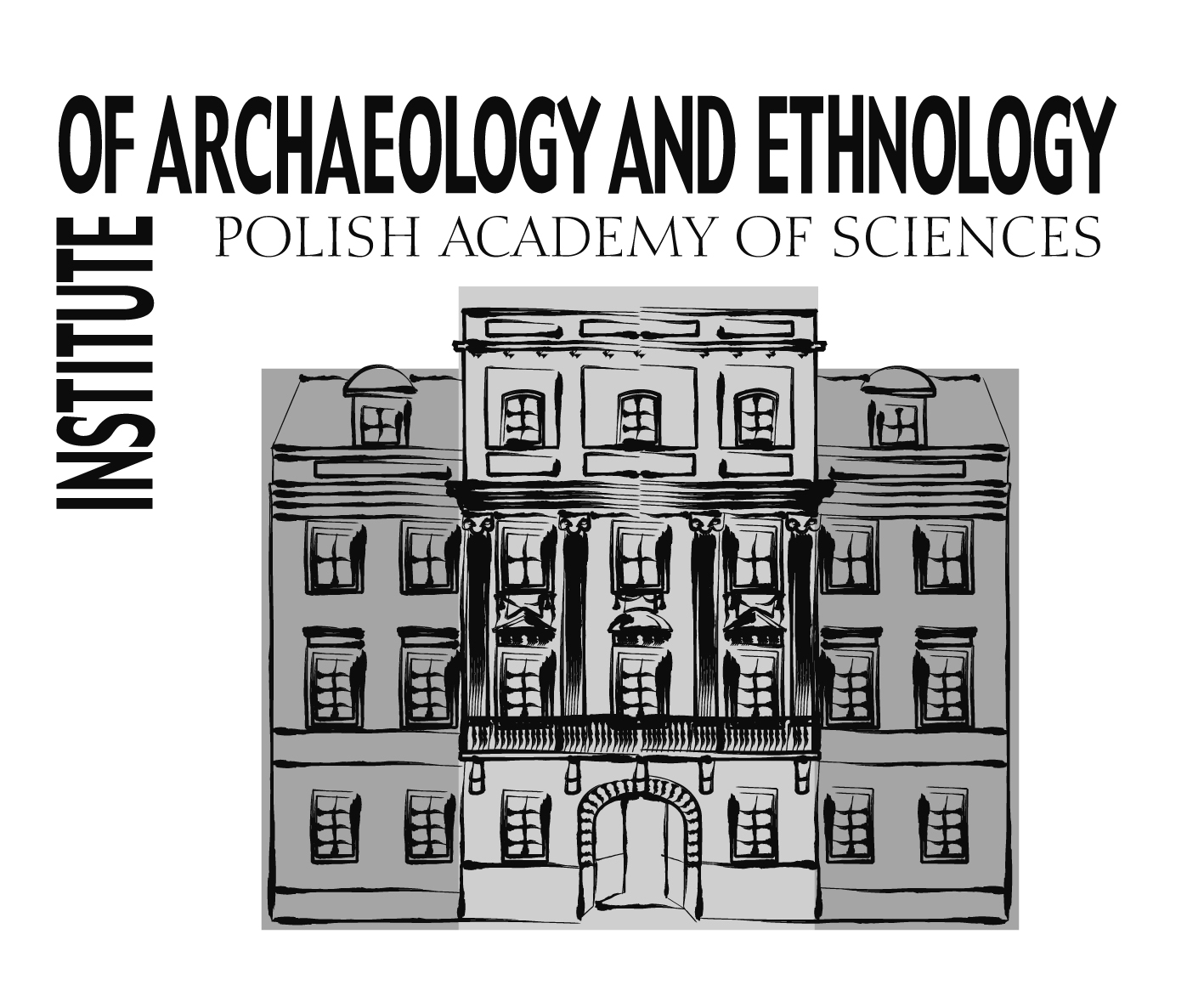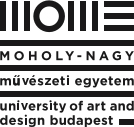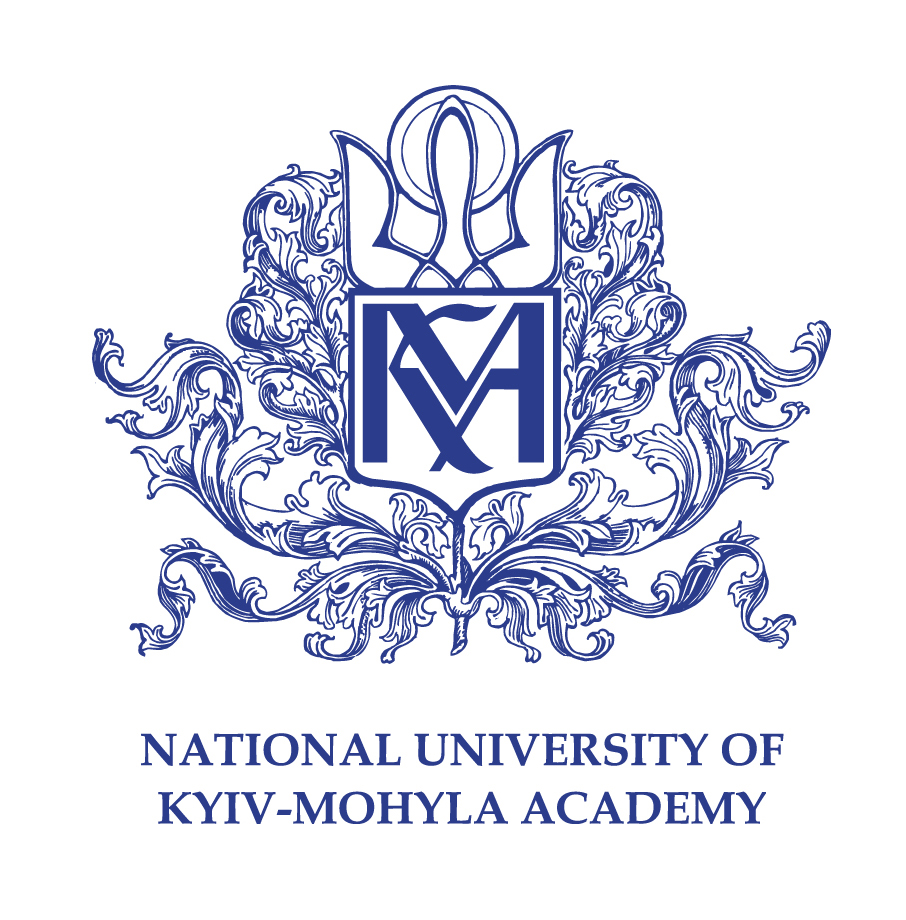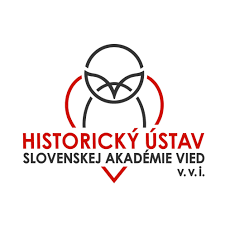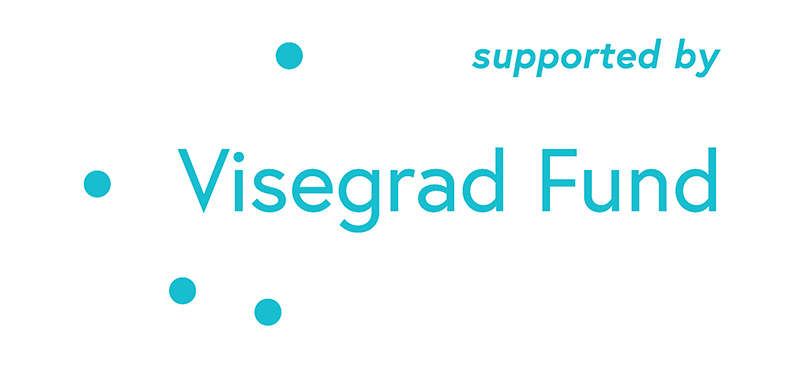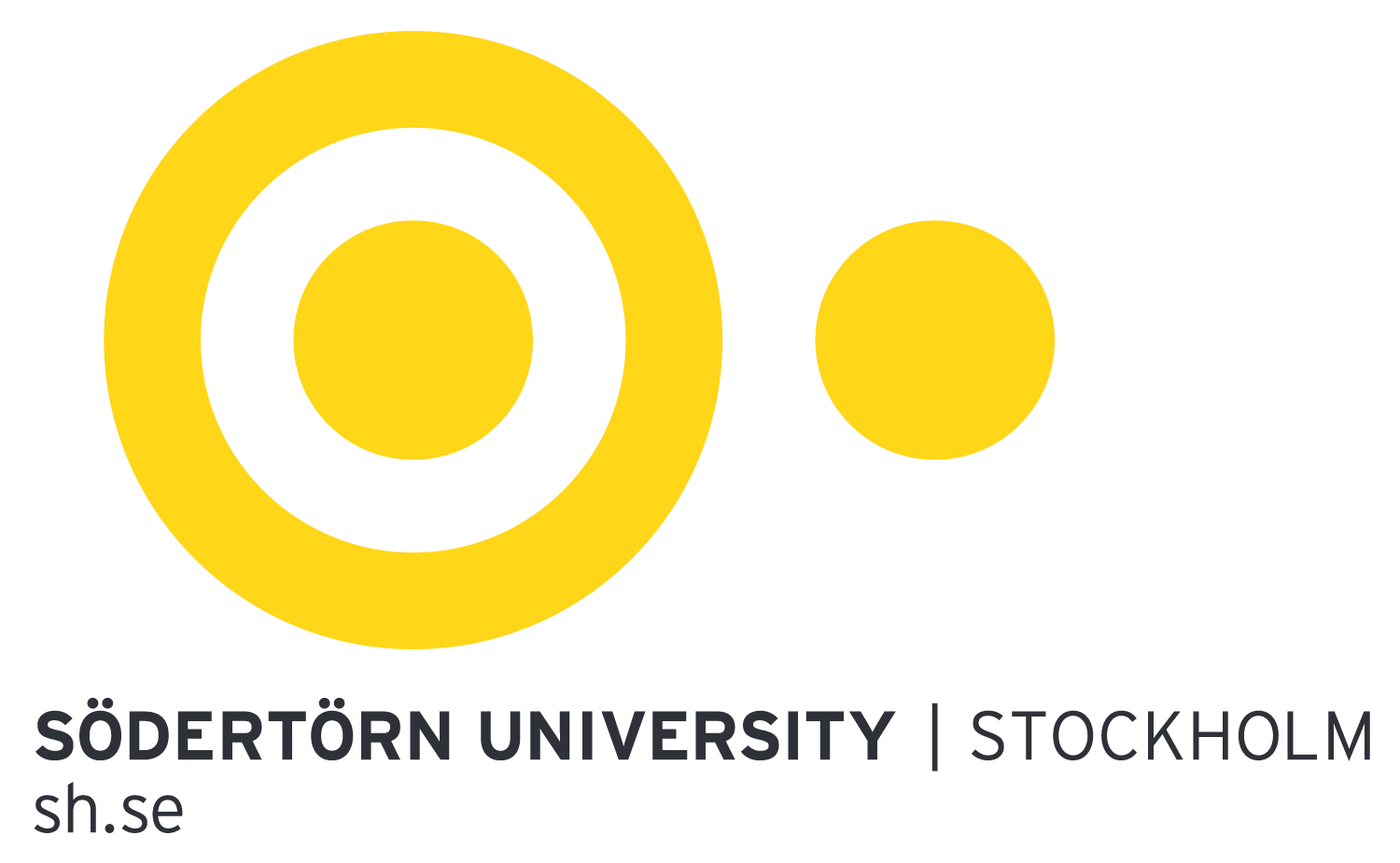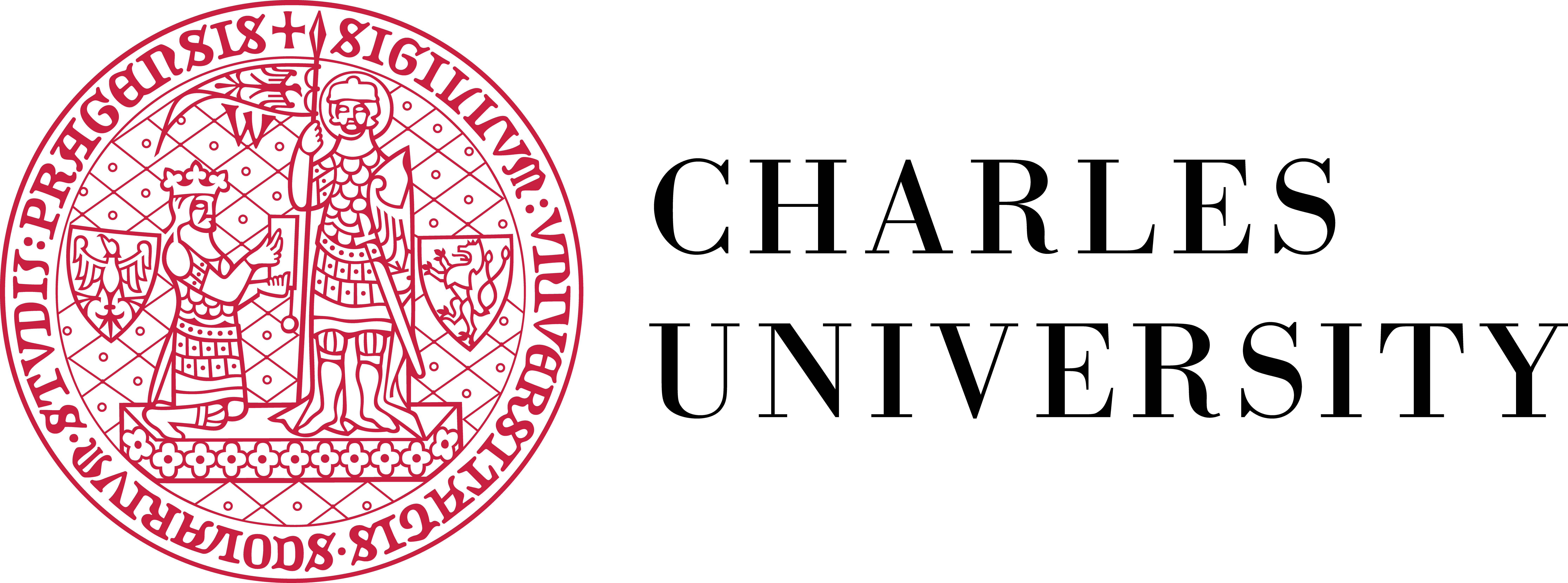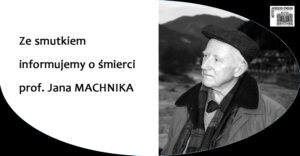
Ze smutkiem informujemy o śmierci profesora Jana Machnika
10 października 2023
instytutAEPANcoments closed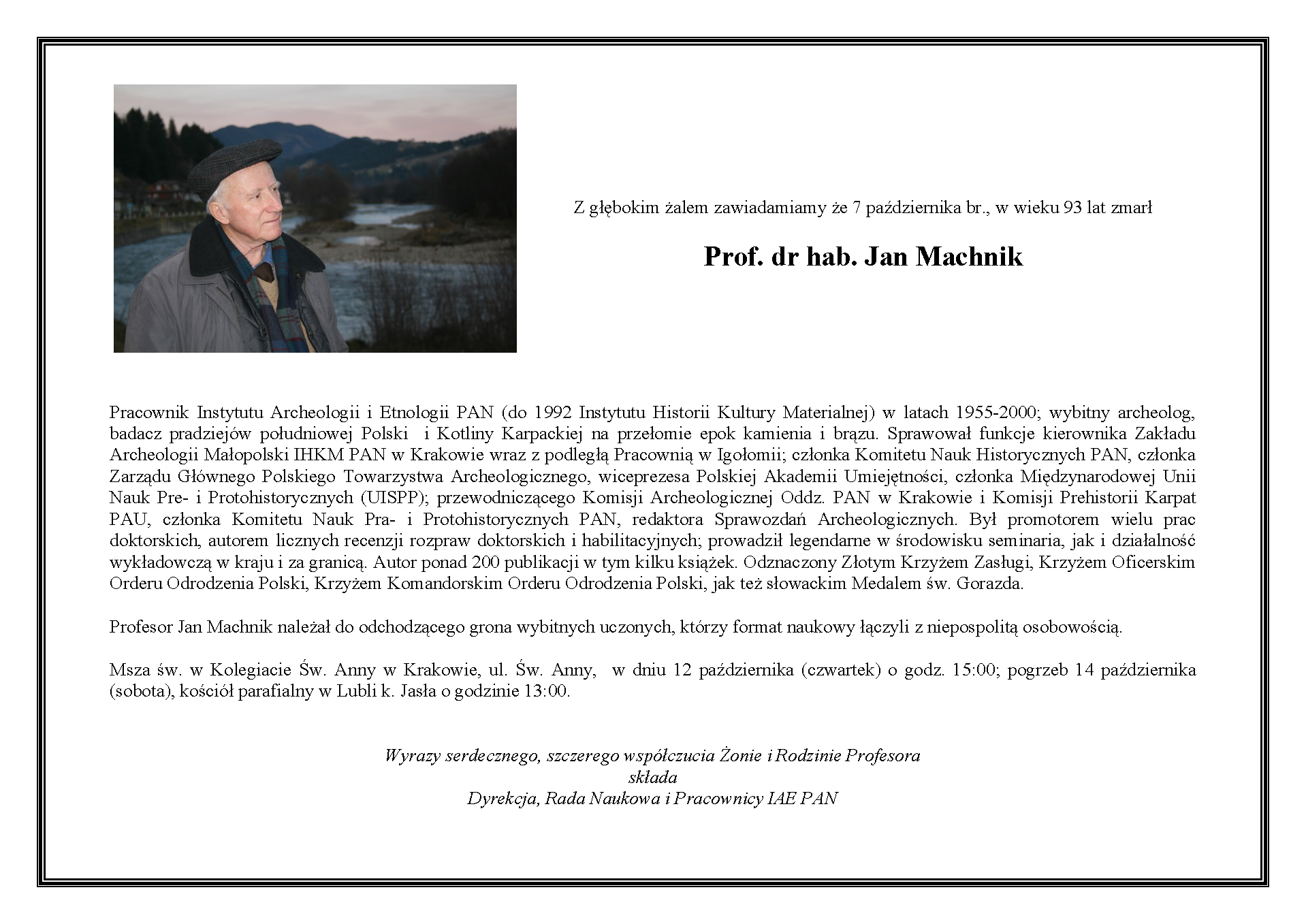

Zawiadomienie o publicznej obronie pracy doktorskiej Pana Magistra Michała Jakubczaka
11 września 2023
instytutAEPANcoments closed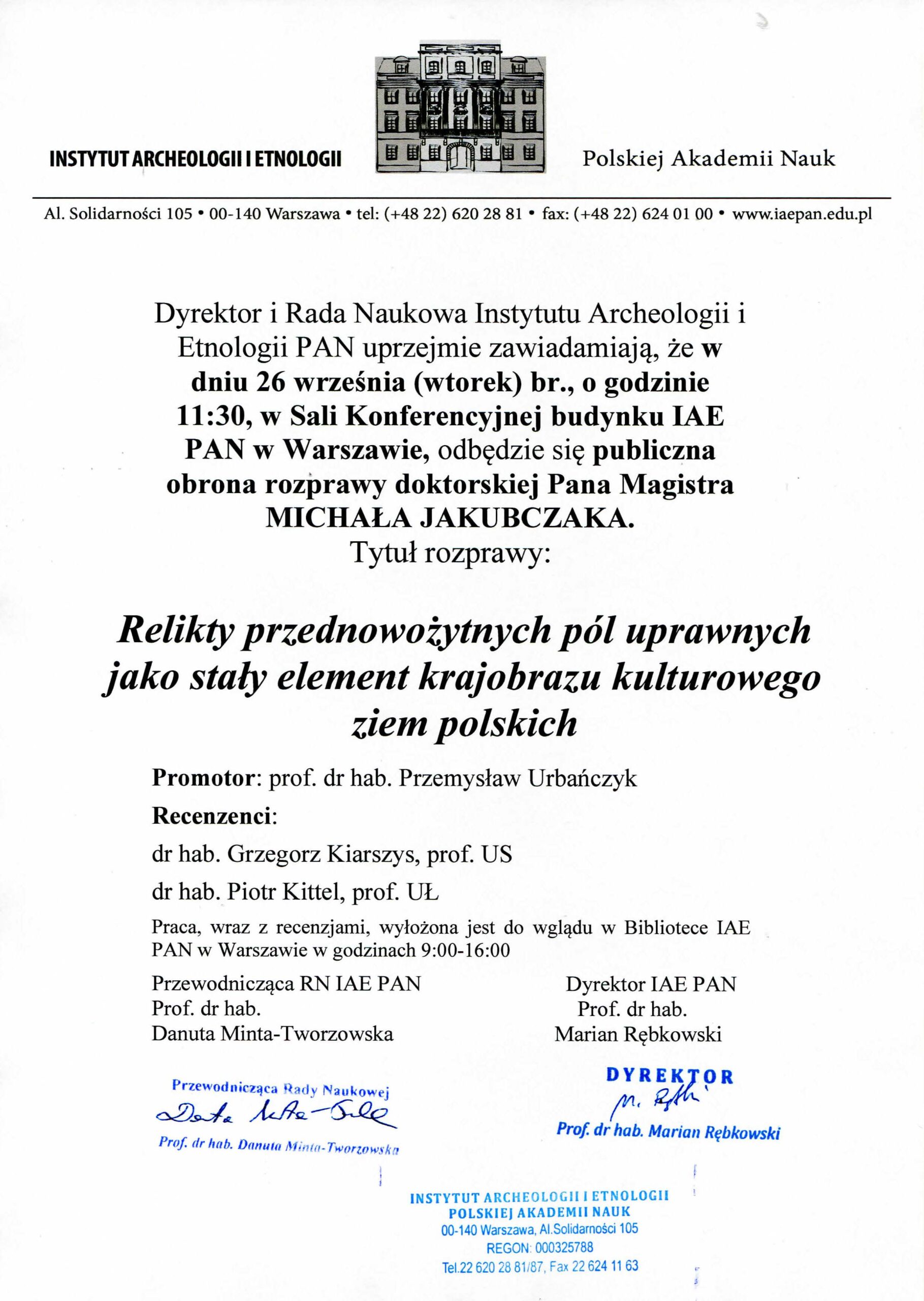

Konkurs na Kierownika Szkoły Doktorskiej Anthropos
27 czerwca 2023
instytutAEPANcoments closed
Rada Szkoły Doktorskiej Anthrophos Instytutów Polskiej Akademii Nauk
na podstawie Uchwały Rady SD Anthropos IPAN z dnia 21 czerwca 2023 r. w sprawie zasad i trybu przeprowadzenia konkursu na Kierownika Szkoły Doktorskiej Anthropos Instytutów Polskiej Akademii Nauk
ogłasza konkurs na
Kierownika Szkoły
Doktorskiej Anthropos Instytutów Polskiej Akademii Nauk
na kadencję 1 października 2023 – 30 września 2027
Kandydatem na Kierownika Szkoły może być tylko osoba spełniająca łącznie następujące warunki:
1) ma pełną zdolność do czynności prawnych;
2) korzysta z pełni praw publicznych;
3) nie była skazana prawomocnym wyrokiem za umyślne przestępstwo lub umyślne przestępstwo skarbowe;
4) nie była karana karą dyscyplinarną;
5) w okresie od dnia 22 lipca 1944 r. do dnia 31 lipca 1990 r. nie pracowała w organach bezpieczeństwa państwa w rozumieniu art. 2 ustawy z dnia 18 października 2006 r. o ujawnianiu informacji o dokumentach organów bezpieczeństwa państwa z lat 1944–1990 oraz treści tych dokumentów (Dz. U. z 2023 r. poz. 342), nie pełniła w nich służby ani nie współpracowała z tymi organami.
Kandydatem może być pracownik naukowy posiadający co najmniej stopień doktora, zatrudniony w jednym z podmiotów tworzących Szkołę jako podstawowym miejscu pracy.
Dodatkowymi atutami kandydata będą w szczególności:
1) doświadczenie związane z kształceniem doktorantów w Polsce lub za granicą;
2) znajomość i doświadczenie w stosowaniu przepisów dotyczących funkcjonowania szkół doktorskich;
3) dobra znajomość języka angielskiego potwierdzona oświadczeniem kandydata;
4) doświadczenie w podejmowaniu decyzji zarządczych i organizacyjnych.
Osoba zgłaszająca się do konkursu powinna przedstawić:
1) podanie do Dyrektora Instytutu Historii Polskiej Akademii Nauk o powierzenie jej funkcji Kierownika Szkoły;
2) podpisane oświadczenie o spełnieniu warunków, o których mowa w ust. 1 i 2;
3) wizję rozwoju i prowadzenia Szkoły;
4) oświadczenie o wyrażeniu zgody na przetwarzanie danych osobowych w ramach konkursu na Kierownika Szkoły.
Dokumenty należy przesłać do 11 lipca 2023 r. do godziny 15.00 pocztą elektroniczną na adres szkola.anthropos@ihpan.edu.pl lub dostarczyć do siedziby Szkoły Doktorskiej w Instytucie Historii PAN Rynek Starego Miasta 29/31 w Warszawie (p. 43) w Warszawie.
Dokumenty, które zostaną złożone po terminie określonym w niniejszym ogłoszeniu, nie będą oceniane. Przez złożenie dokumentów należy rozumieć ich wpłynięcie do podmiotów wskazanych w ogłoszeniu.
Rozmowy kwalifikacyjne odbędą się w dniach 14–17 lipca 2023 r.
Uchwała Rady Szkoły Doktorskiej Anthropos
Podane przez kandydata dane osobowe są przetwarzane przez Administratorów Danych wg umowy na współadministrowanie danymi osobowymi z 6 czerwca 2019 r., tj. Instytut Historii PAN z siedzibą w Warszawie, Rynek Starego Miasta 29/31, na potrzeby procedury konkursowej. Podanie danych jest dobrowolne, ale konieczne do udziału w konkursie. Dane będą przetwarzane przez czas niezbędny do przeprowadzenia konkursu, w tym archiwizacji. Dane mogą być przekazywane podmiotom zajmującym się obsługą techniczną i IT na rzecz Administratora Danych.
Osobie, której dane dotyczą, przysługuje prawo żądania dostępu do danych osobowych, ich sprostowania, usunięcia lub ograniczenia przetwarzania, a także prawo do przenoszenia danych i prawo do wniesienia skargi do Prezesa Urzędu Ochrony Danych Osobowych.
We wszelkich sprawach dotyczących przetwarzania danych osobowych prosimy o kontakt z Inspektorem Ochrony Danych: iodo(at)ihpan.edu.pl. Szczegółowe informacje są dostępne na stronie: https://anthropos.edu.pl/rodo/
Dostawa (zakup) jednego, fabrycznie nowego samochodu typu mini van - UZ-18/IAEPAN/23
25 kwietnia 2023
instytutAEPANcoments closed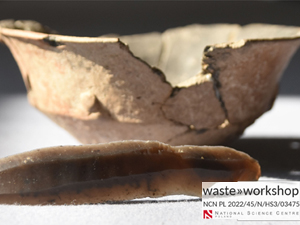
Od odpadów do warsztatu
20 marca 2023
instytutAEPANcoments closedInformacje o projekcie
Tytuł projektu: Od odpadów do warsztatu. Strefy aktywności w osadach grupy pleszowsko-modlnickiej cyklu lendzielsko-polgarskiego zachodniej Małopolski w świetle analizy funkcjonalnej i przestrzennej zabytków krzemiennych.
Numer projektu: NCN 2022/45/N/HS3/03475
Finansowanie: Narodowe Centrum Nauki, konkurs Preludium 21
Słowa kluczowe: neolit, grupa pleszowsko-modlnicka, cykl lendzielsko-polgarski, analiza zabytków
krzemiennych, traseologia, analiza przestrzenna
Kierownik projektu: Tomasz Oberc
Jednostka prowadząca projekt: Instytut Archeologii i Etnologii Polskiej Akademii Nauk
email: toberc(et)iaepan.edu.pl, tomaszoberc(et)gmail.com
Charakterystyka projektu
W drugiej połowie 5 tys. BC na obszarze zachodniej Małopolski społeczności neolityczne reprezentowane były między innymi przez grupę pleszowsko-modlnicką (GPM) związaną z tzw. cyklem lendzielsko-polgarskim (CLP), obejmującym obszary położone na północ od Karpat. Grupa ta jest efektem lokalnych adaptacji neolitycznego modelu przyniesionego niemal tysiąc lat wcześniej przez kulturę ceramiki wstęgowej rytej, jak również ciągłych interakcji kulturowych o lokalnym i poza lokalnym zasięgu. Wśród elementów przyniesionego na te obszary modelu, oprócz technik uprawy i hodowli, obecny był także sposób organizacji osad, oparty o istnienie długich domostw i związanymi z nimi strefami codziennej aktywności, który mimo licznych zmian społecznych i gospodarczych, wydaje się niezmienny przynajmniej do czasu funkcjonowania GPM. W tym czas, na obszarach położonych na południe od Karpat obserwowany jest szerszy cykl przemian, obejmujących między innymi zmiany w stylistyce ceramiki, systemie osadniczym czy sferze symbolicznej, ujmowanych łącznie jako proces eneolityzacji. Chociaż większość tych zmian obserwowana jest w Małopolsce dopiero w 4 tys. BC, niektóre z nich, na przykład upowszechnienie metod górniczych w pozyskiwaniu surowców krzemiennych, wydaję się być obecne także w GPM. Wiązać z tym zjawiskiem można także przemiany w przemyśle krzemieniarskim czy systemie osadniczym, które zaobserwowano w młodszej fazie funkcjonowania tego taksonu.
Celem projektu jest określenie miejsc wytwórczości w osadach tego ugrupowania, dający wgląd w szerszą ekonomię neolitycznych społeczności GPM oraz porównanie ich z gospodarką ludności zamieszkującą pozostałe obszary objęte neolityzacją. Proces wytwarzania produktów z surowców takich jak drewno, skóra, czy włókna roślinne, chociaż są one kluczowe dla funkcjonowania społeczności, jest zwykle nieuchwytny archeologicznie. W dociekaniach o tych sferach życia z pomocą przychodzą badania traseologiczne, które pozwalają na interpretację śladów zużycia zabytków krzemiennych. Zabytki krzemienie były wykorzystywane samodzielnie lub jako części pracujące większych, kompozytowych narzędzi, takich jak sierpy. Do określenia sposobu używania, oprócz oględzin śladów, konieczne są eksperymenty archeologiczne nastawione na odtworzenie ich rodzajów, intensywności i lokalizacji przy wykonywaniu różnych czynnościach. Także badania pozostałości na ostrzach, takich jak ślady dziegciu czy fitolity, wnoszą dodatkową wiedzę o sposobie i celu pracy takimi narzędziami. Do wykonania pewnych zadań, na przykład obróbki i garbowania skóry, konieczne jest użycie zróżnicowanego instrumentarium. Bazując na tej przesłance, możliwe jest odtworzenie miejsc przeznaczonych do wykonywania pewnych zadań – warsztaów, gdzie zabytki noszące różne ślady wykorzystywane były jednocześnie. Aby tego dokonać, oprócz analizy traseologicznej, konieczne jest także zbadanie procesów depozycji, mające na celu określenie miejsc wykorzystywania zabytków nim trafiły one do wypełnisk obiektów archeologicznych oraz odtworzenie łańcuchów produkcji (tzw. chaînes opératoires) poszczególnych surowców. W pierwszej analizie wykorzystane zostaną informacje przestrzenne o miejscach zalegania zabytków oraz dane dotyczące stratygrafii obiektów, zbogacone o datowania radiowęglowe. Zaś rekonstrukcja łańcuchów przetwórstwa odbywać się będzie na podstawie dotychczasowej wiedzy o neolitycznej gospodarce, analizie zestawów narzędzi złożonych do grobów, analogiach etnograficznych oraz eksperymentach nakierowanych na komplementarne używanie różnych narzędzi. Dopiero połączenie tych trzech zabiegów pozwoli na określenie lokalizacji i zakresu produkcji warsztatów. W wyniku takiej analizy przeprowadzonej dla zgrupowań obiektów związanych z GPM z różnych stanowisk będzie można stwierdzić, czy istniał charakterystyczny dla tej grupy standard przetwórstwa w osadach.
Projekt stanowi więc okazję do rewizji dotychczasowych ustaleń oraz rekontekstualizacji danych pozyskanych podczas wcześniejszych, często pionierskich, badań. Analizy narzędzi krzemiennych wzbogacone zostaną poprzez dane archeozoologiczne, archeobotaniczne i badania pozostałości na zabytkach, skutkując wielostronną analizą zachowań ekonomicznych społeczności neolitycznych. Bazując na zrekonstruowanych łańcuchach produkcji, możliwe będzie określenie, które czynności wykonywane były w osadach, a które poza nimi – na przykład w miejscu pozyskiwania surowca, tak jak to już ustalono dla surowców krzemiennych. Pozwoli to na wgląd w społeczno-gospodarcze podstawy funkcjonowania tych społeczności oraz określenie jak bardzo różnią się one od pierwotnego neolitycznego modelu, oraz od adaptacji obserwowanych na innych obszarach. Planowane nowe oznaczenia chronometryczne dla materiałów GPM pozwolą także na lepsze zrozumienie rozwoju tej jednostki, jak i recepcji „modelu eneolitycznego” na peryferyjnych strefach neolitu środkowoeuropejskiego.
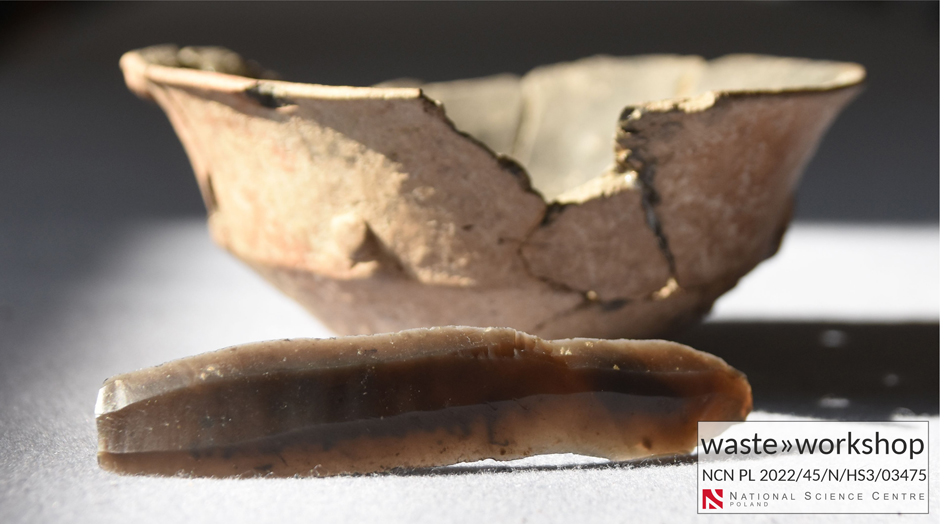
Część wyposażenia grobu grupy pleszowsko-modlnickiej ze st. 1 w Dziekanowicach, gm. Działoszyce (zbiory Pracowni Archeologicznej IAE PAN w Igołomii).

Religion in (Post-)Socialist Societies
20 marca 2023
instytutAEPANcoments closedProject information
Research project’s title: Religion in (Post-)Socialist Societies
Funding: Center for Russian, East European and Eurasian Studies and University Center for International Studies of the University of Pittsburgh, the Eurasian Knot, Institute of Archaeology and Ethnology PAS
Project leader: Sean Guillory, Zuzanna Bogumił
Project host: Center for Russian, East European and Eurasian Studies, University of Pittsburgh https://www.ucis.pitt.edu/creees/religion-post-socialist-societies
Cooperating Institutions: Institute of Archaeology and Ethnology, Polish Academy of Sciences
Project objectives
Soviet ideology treated religion as an enemy, a tool of oppression and an expression of backwardness. Militant atheism, the prohibition of religious rituals, and the repression of religious communities aimed to create a secular, rational, and scientific society. Yet, religion mattered in Soviet people’s lives. And with institutional religion restricted, many people expressed their spirituality through “lived religion”—the practice of religion and spirituality in their everyday lives. What were the practices of lived religion in the context of state socialism? And how did it converge and diverge with the return of institutionalized religion and spiritual life after the collapse of communism?
This Spring 2023, the Center for Russian, Eurasian and East European Studies at the University of Pittsburgh in collaboration with Zuzanna Bogumil (Institute of Archaeology and Ethnology, Polish Academy of Sciences) is organizing an interview series Religion in (Post-)Socialist Societies. The events will explore the role of religion in socialist and post-socialist societies in eight online discussions on religion and its relations to repression, nation-building, indigenous cultures, and memory.
All events in this series will be held online.
Planned Events
FRIDAY, MARCH 17
Lived Religion in the Soviet Union
3:00 - 4:30 PM EST
A LIVE INTERVIEW WITH Catherine Wanner, Pennsylvania State University
THURSDAY, MARCH 30
Secret Police Archives as Depositories of Faith
12:00 - 1:30 PM EST
A LIVE INTERVIEW WITH Anca Șincan, Gheorghe Sincai Institute of the Romanian Academy AND Tatiana Vagramenko, University College Cork
THURSDAY, APRIL 6
Old Religion in the Making of the Modern Nation
12:00 - 1:30 PM EST
A LIVE INTERVIEW WITH Geneviève Zubrzycki, University of Michigan AND José Casanova, Georgetown University
THURSDAY, MAY 4
Lived Religions in China
9:00 - 10:30 AM EST
A LIVE INTERVIEW WITH Lap Yan Kung, Chinese University of Hong Kong AND Fenggang Yang, Perdue University
THURSDAY, MAY 11
Theology After Gulag
12:00 - 1:30 PM EST
A LIVE INTERVIEW WITH Katya Tolstoj, Vrije Universiteit Amsterdam
THURSDAY, MAY 25
Useable Pasts? Shamans, Spirituality and Resistance
12:00 - 1:30 PM EST
A LIVE INTERVIEW WITH Marjorie Mandelstam Balzer, Georgetown University
THURSDAY, JUNE 1
Islam, Repression, and Memory
12:00 - 1:30 PM EST
A LIVE INTERVIEW WITH Elmira Muratova, Aarhus Institute of Advanced Studies AND Michael Kemper, University of Amsterdam
Register on the events
https://www.ucis.pitt.edu/creees/religion-post-socialist-societies
All interviews will be available as the podcasts on the website of the Eurasian Knot https://euraknot.org
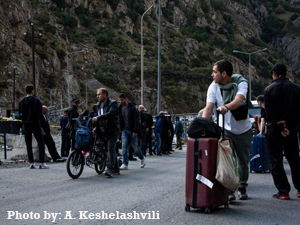
Crossing borders, building walls. Towards ethnography of Russian war mobilisation
28 lutego 2023
instytutAEPANcoments closedProject information
Research project’s title: Crossing borders, building walls. Towards ethnography of Russian war mobilisation
Funding: Polish National Agency for Academic Exchange (NAWA) nr BPN/GIN/2022/1/00082/DEC/1
Dates: 16.01.2023-16.01.2024
Project leader: dr Zuzanna Bogumił
Project host: Institute of Archaeology and Ethnology of the Polish Academy of Sciences
Cooperating Institutions: University of Eastern Finland, Wydział Socjologii UW, Instytut Slawistyki PAN, Nazarbayev University, Ilia State University, Institute of Archaeology and Ethnology NAS RA, Bursa Uludağ University
Contact: e-mail: zbogumil(et)iaepan.edu.pl
Project objectives
The main goal of the project is to investigate the specificity of the migration wave related to mobilisation in Russia announced in September 2022 regarding the ongoing war in Ukraine. Project puts a particular focus on establishing: how do migrants explain their decision to flee from mobilisation? How do they explain the mobilisation? To what extent do they perceive the migration as an individual, social and political act? The project recognizes that the mobilisation is a new pushing factor in the contemporary European and World’s migration crisis, and therefore it requires a separated academic reflection. Moreover, since February 2022, there has been a clear and dynamic increase in the number of Russian diasporas in Europe and around the world, and their status and role require investigation. We therefore focus on Russian migration of mobilisation in order to establish how it fits into the debates about the humanitarian crisis, what are its particular features and how mobilisation as a pushing factor affects the current migration landscape. Within the framework of the project in 8 selected countries - Poland, Finland, Estonia, Georgia, Armenia, Turkey, Kazakhstan and Mongolia - we aim to conduct in-depth interviews (IDI) each with migrants/refugees/fugitives/conscientious objectors of Russian citizenship from different social strata and ethnic groups who crossed the border after the announcement of partial mobilisation in their country. As a supplementary methods we use participant observation and critical discourse analysis (CDA), essential for contextualising this wave of migration in particular countries.
The project involves conducting interviews with people in the migration crisis, which is why we attach great importance to the methodology, ethics, safety of research and securing the collected data. The ethical principles of the project "Crossing borders, building walls" are based on the universal principle of respect for human rights. In the protection and processing of personal data, we follow the principles contained in Regulation 2016/679 - Protection of natural persons with regard to the processing of personal data and on the free movement of such data, and repealing Directive 95/46/EC (General Data Protection Regulation ), and relevant documents applicable to our partners from outside the EU whose countries have not adopted Regulation 2016/679.
Events
Online seminars
Crossing Borders, Building Walls: Implications of the Russian Wars
October, 18 2023 at 9.00 – 10.30am CEST
Florian Mühlfried (Ilia State University), Between Hospitality and Hostility: Russian Citizens in Georgia
My presentation will be divided into two parts. In the first part, I differentiate groups of Russian relokanty to Georgia and emphasise the double discrimination of people from the North Caucasus. In the second part, I will talk about my current research project on encounters of Georgian and Russian hipsters in Tbilisi.
December, 6 2023 at 9.00 – 10.30am CET
Bella Ostromooukhova (Sorbonne University), Children book professionnals between Russia and Exile
My presentation will focus on migration in Russian children's publishing. I will analyze the various ways of cutting ties and maintaining contact with the professional milieu in Russia, and of recomposing networks in exile. I will also examine the positionnings of players in the children's book market in relation to the war in Ukraine and the repressive policies of the Russian government.
February, 7 2023 at 9.00 – 10.30am CET
Nvard Melkonyan (Yerevan State University) and Yuliana Melkumyan (Yerevan State University), Russian relocants in Armenia: the impact of Russian-Ukrainian war
Our presentation will focus on Russians, who relocated their families and businesses to Armenia because of the war outbreak in Ukraine in February 2022. We will analyse the pull and push factors forcing their migration, the patterns of integration in Armenian society and segregation risks. The special emphasize will be on the analysis of the situation, when people flee their own country due to war and settle in a country, which is also in the situation of war.
International Academic Conference
(In)Visible Russian (Anti-)War Migration
March 13-15, 2024, Warsaw
The full-scale aggression of the Russian state against Ukraine on February 24, 2022 triggered new migration, refugee, humanitarian and political crises in European and Asian countries. Russia's aggression forced Ukrainians to flee from the war, but also pushed Russians to leave their country en masse. Russian (anti-)war migrants are people of various social, religious and national backgrounds with different views and attitudes towards Putin’s regime. Their migration affects not only the migrants themselves and the host societies, but also the broader situation in Russia itself. The conference will provide a platform for discussion among researchers from various disciplines and academic backgrounds to approach various dimensions of the Russian (anti-)war migration and investigate responses to it on micro-, meso- and macro- levels.
Conference materials:
CfP
Conference programme
Conference poster
Confrencee is co-funded by the state budget, granted by the Ministry of Education and Science, Republic of Poland, under the programme "Excellent Science II - Support for scientific conferences"

Project team
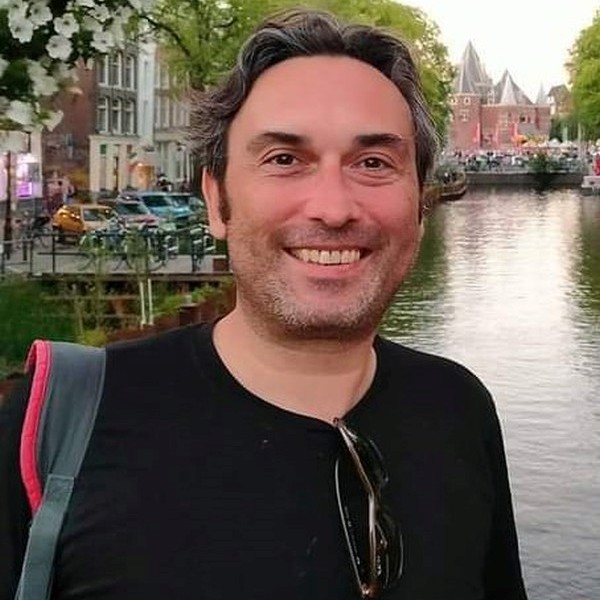
Mustafa Berkay Aydın with a bachelor's degree in Sociology (Ankara University, Ankara, Turkey) and he obtained PhD (2015) in Sociology (Middle East Technical University, Ankara, Turkey). Now, he works as Assoc. Prof. at Bursa Uludağ University Department of Sociology, Bursa/Turkey. He is interesting in digital sociology, sociology of sport, applied sociology, political sociology, migration and sociology of work. He has published some publications in these areas. He conducts researches at Turkey, on the other hand he was at different countries and universities as a visiting reseacrher at his academic process in a various times such as University of Kent (UK), London Metropolitan University (UK) and Stockholm University (Sweden). Detailed Infırmation: https://avesis.uludag.edu.tr/berkayaydin, email: berkayaydin(et)uludag.edu.tr)
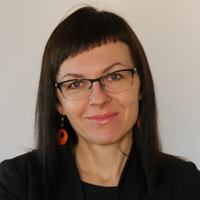
Zuzanna Bogumił (project coordinator) is cultural anthropologist, working at the Institute of Archeology and Ethnology, Polish Academy of Sciences. She specializes in memory studies, museum studies and anthropology of religion. Bogumił is an author, co-author or co-editor of several books, among them: Gulag Memories: The Rediscovery and Commemoration of Russia's Repressive Past (Berghan Books 2018), Milieux de mémoire in Late Modernity. Local Communities, Religion and Historical Politics (Peter Lang 2019). Memory and Religion from a Postsecular Perspective (Routledge 2022). She currently coordinates several projects among them project Post-secular approach to memory processes in Central-Eastern Europe sponsored by Visegrad Found.
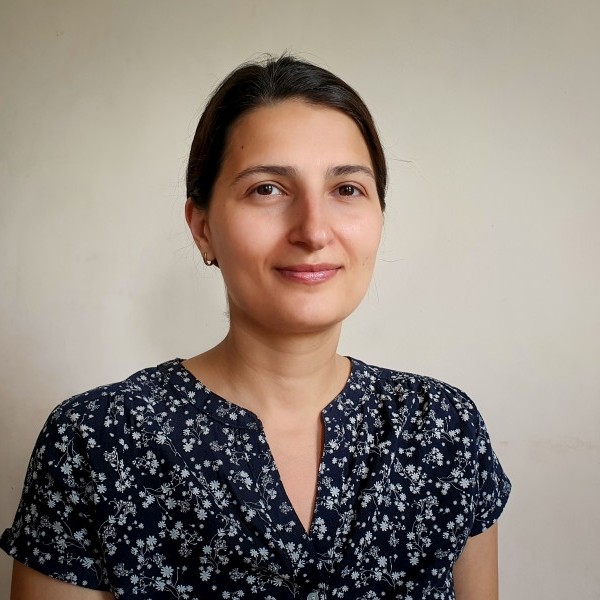
Mariam Darchiashvili is an Assistant-Professor in social and cultural anthropology at Ilia State University, Georgia. Her research interest includes migration and mobilities, informality, and economic and legal anthropology. As a researcher, she has been involved in the following scientific projects: ‘Religiosity among young Georgians’ (2015-2018); ‘Infrastructure and Narratives: Black Sea Networks’ (2018-2019); ‘Surrogacy as Networked Phenomenon: the study of key actors and their interrelations’ (2020-2023), ‘Death in migration: perspectives from the post-Soviet space’ (2021-2022). Her articles have appeared in Nationalities Papers, Journal of Religion in Europe, and Revue Européenne des Migrations Internationales (REMI).
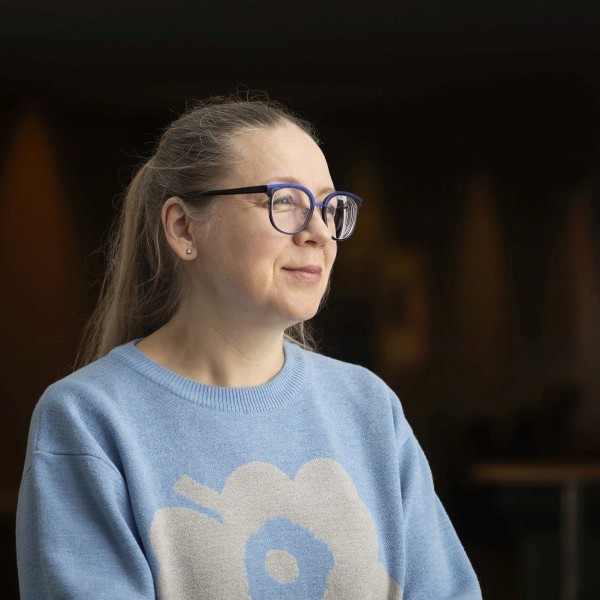
Olga Davydova-Minguet, PhD in ethnology, holds a professorship in Russian and border studies at the Karelian Institute of the university of Eastern Finland. Davydova-Minguet’s main research interests fall within the intersections of migration, cultural, gender and transnational studies. She has studied immigration of Russian speakers to Finland since the beginning of 2000s. With her research group, recently she has conducted research projects focusing on transnational politics of memory in the border areas of Finland and Russia, media use of Russian speakers in Finland, and perceptions of Russia in Finnish border areas among different population groups. Her current Finnish Academy’s funded research project delves into death practices among Russian-speaking immigrants in Eastern Finland, and into the meanings of death in memory politics in bordering Republic of Karelia in Russia and Eastern Finland.
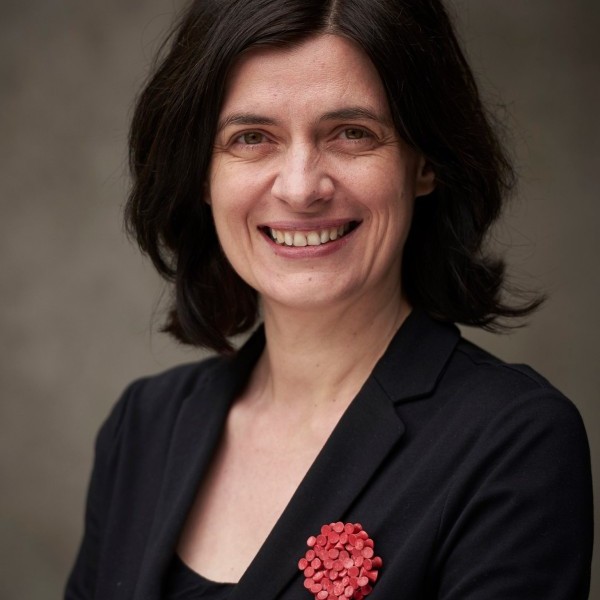
Ketevan Gurchiani is a professor of anthropology at Ilia State University in Tbilisi, Georgia. She is particularly interested in lived religion, the domesticated and undomesticated nature of the city, and informal practices of resistance. Since 2020, Ketevan Gurchiani has been leading the project: "Tbilisi as an Urban Assemblage" (https://urbanassemblage.iliauni.edu.ge). In this project she is interested in different aspects of the intertwining of human and non-human in the city. Ketevan Gurchiani is also involved in the projects "An Anthropology of Gardens Otherwise and Elsewhere", "Surrogacy as Networked Phenomenon", and “Conflict and Cooperation in Eastern Europe”. Webpage https://faculty.iliauni.edu.ge/arts/ketevan-gurchiani/?lang=en
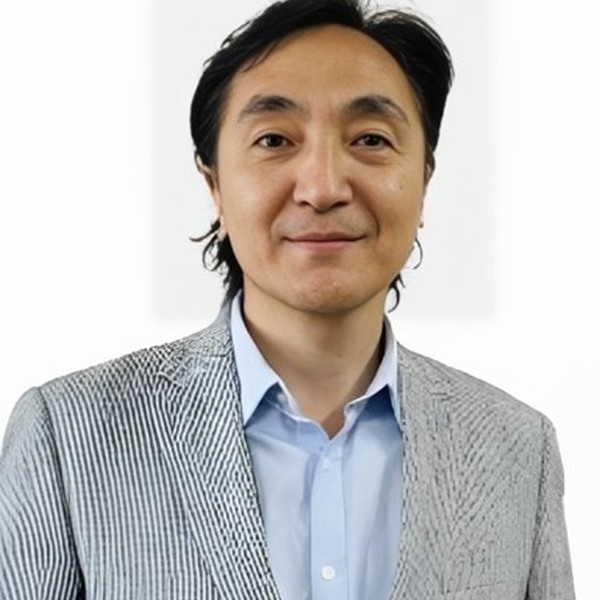
Byambabaatar Ichinkhorloo PhD is the head of the Challenge Local Development Research Institute in Mongolia and a senior lecturer at the Department of Anthropology and Archaeology, National University of Mongolia. Previously, he worked as a lecturer at the University of Zurich and a co-investigator of "Gobi Framework" research project at the University of Oxford. As a social anthropologist, Byamba is studying how people make a living in Mongolia since 1990. His earlier research focused on social networks, pastoralism, and political economy and ecology. Recently, he studies nomadic cultures, state policies, and mining impacts in Inner Asia. His latest publication includes the "Impact of Mining Lifecycles in Mongolia and Kyrgyzstan: Political, Social, Environmental and Cultural Contexts."
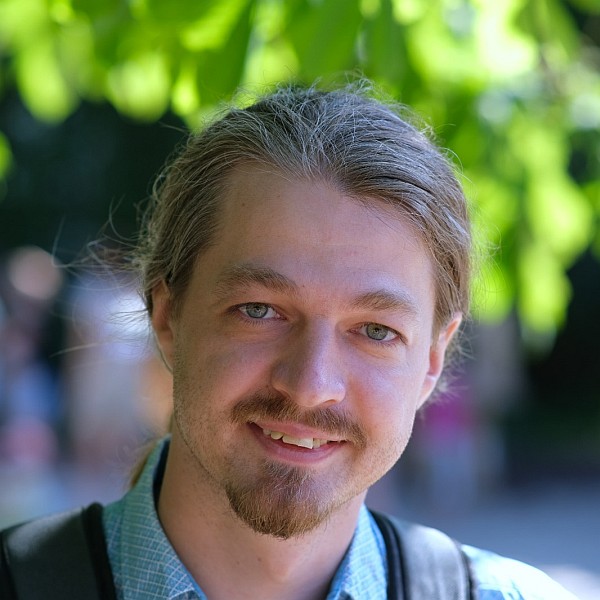
Alexander Makhov is a PhD student at the Graduate School for Social Research (The Polish Academy of Science). He studies the impact of state memory politics on academic history in Putin's Russia. His research interest includes non-democratic politics of identity and academic freedoms in illiberal regimes with a focus on social sciences and humanities.
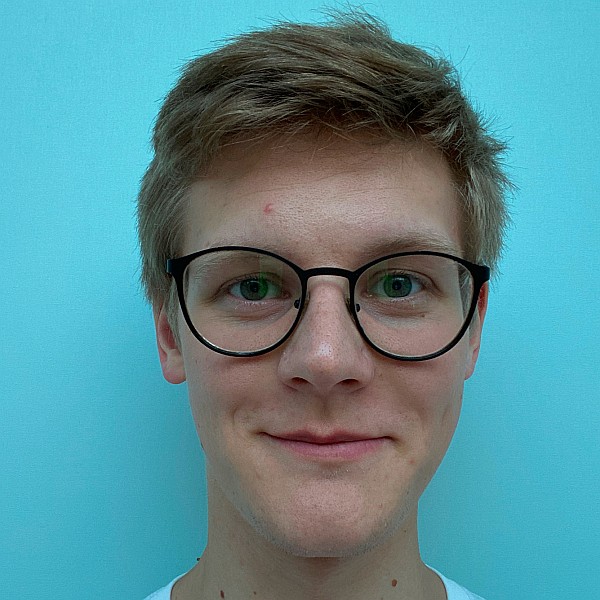
Nikita Mishakov is a PhD student at the Eurasian Studies program, Nazarbayev University, (Astana, Kazakhstan). His research area are migration and border studies, bureaucracy studies and economic sociology. His last project focused on street-level bureaucracies in public Russian social services, emphasizing citizen classification and paperwork's role. His current project focuses on migration patterns from Russia to Kazakhstan after the announcement of partial mobilization by Vladimir Putin in September 2022.
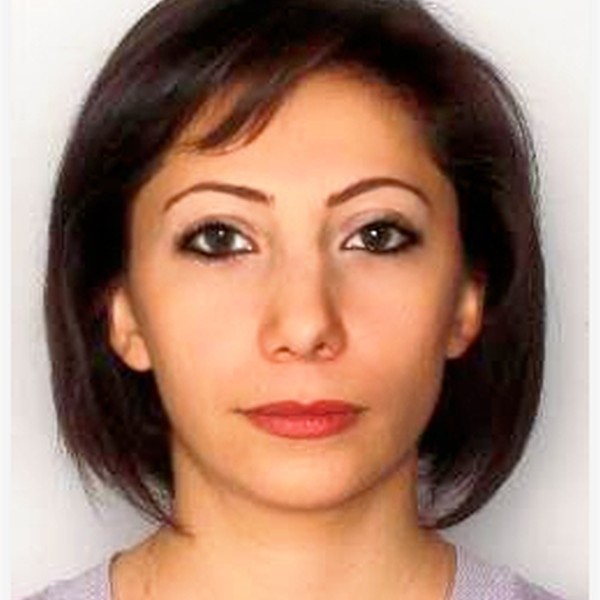
Sona Nersisyan received PhD degree in history and ethnology at the Institute of Archeology and Ethnography NAS RA. I am a senior researcher at the Department of Diaspora Studies at the same Institute. Also, I have an experience of working as a lecturer at the Armenian State Pedagogical University, and Scientific Advisor to the Director of National Institute of Labor and Social Research by Ministry of Labor and Social Affairs of RA.I managed and participated in the international and state research projects in different fields, which include migration, diaspora studies, repatriation studies, social network analysis, investment and socio-economic studies.
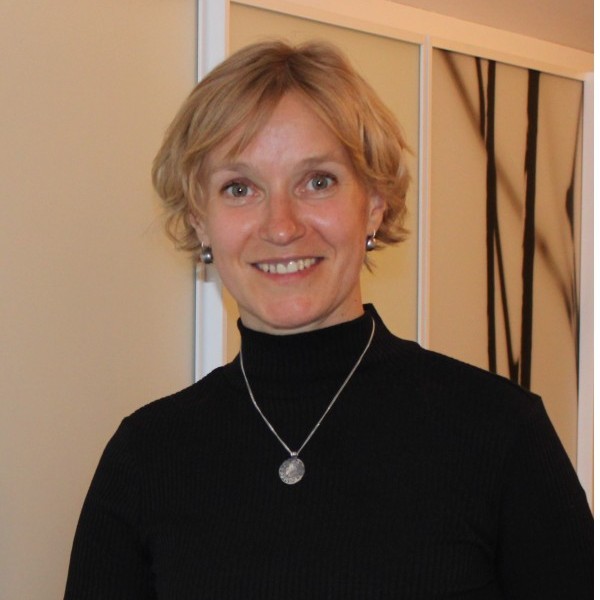
Raili Nugin is a sociologist, working at the School of Humanities, Tallinn University. During her academic career she has studied transition to adulthood, generational conceptualisation, youth mobilities, rural youth, rural-urban relations, memory transmission and social exclusion. Within her different research projects (international and national), she has also studied Russian ethnic minorities in Estonia and recently, Ukrainian refugees in the context of rural-urban networks. She has authored several research articles in different journals (Memory Studies, Journal of Youth Studies, Journal of Rural Studies, Sociologia Ruralis), edited a book about generations (“Generations in Estonia: Contemporary Perspectives on Turbulent Times,” Tartu University 2015) and written a monograph about the generation born in the 1970s (“The 1970s: Portrait of a Generation at the Doorstep,” Tartu University 2015).
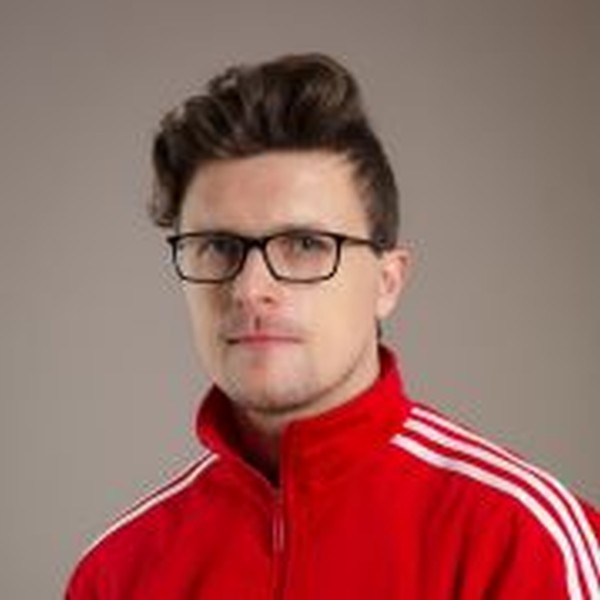
Tomasz Rawski is a political and cultural sociologist focused on researching memory politics, nationalism/war and state socialism in contemporary Eastern Europe and beyond. He authored a book on Bosniak nationalism in Bosnia and Herzegovina after 1995 and several articles in renowned journals, including East European Politics and Societies, International Journal of Comparative Sociology and Problems of Post-Communism. He participated in research projects focused on memory politics, including H2020: REPAST and H2020: DisTerrMem. He was a visiting scholar at University College London, Uppsala University and University of Sarajevo.
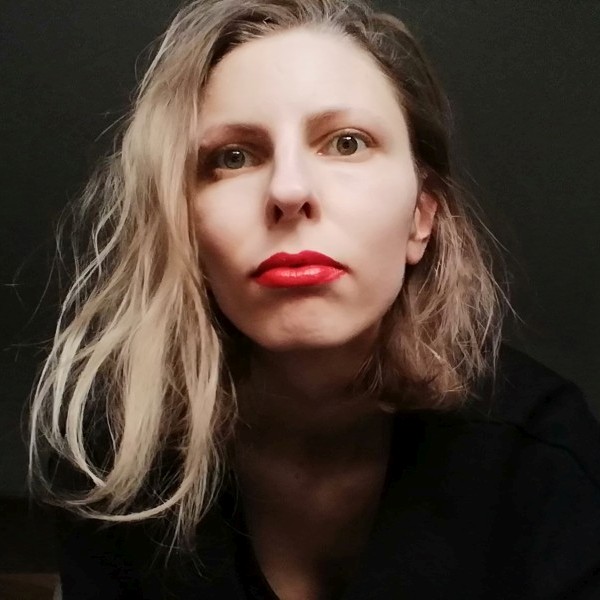
Katarzyna Roman-Rawska, assistant professor at the Institute of Slavic Studies of the Polish Academy of Sciences. Literary scholar, sociologist, publicist and literary translator. She works on the intersection of culture and politics as well as anti-regime and anti-war resistance in contemporary Russia. https://pan-pl.academia.edu/KatarzynaRomanRawska
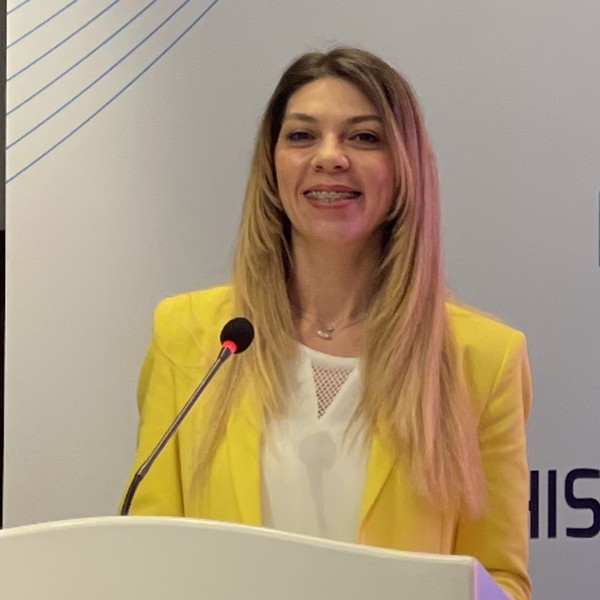
Tamilla Şahin is a PhD student at the Bursa Uludag University, Department of Labour Economics and Industrial Relations. At the same time, I am continuing my doctoral education as project assistant in Priority Migration area within the YÖK 100 / 2000 program. My research interests include immigration, Meskhetian Turks and their social issues.
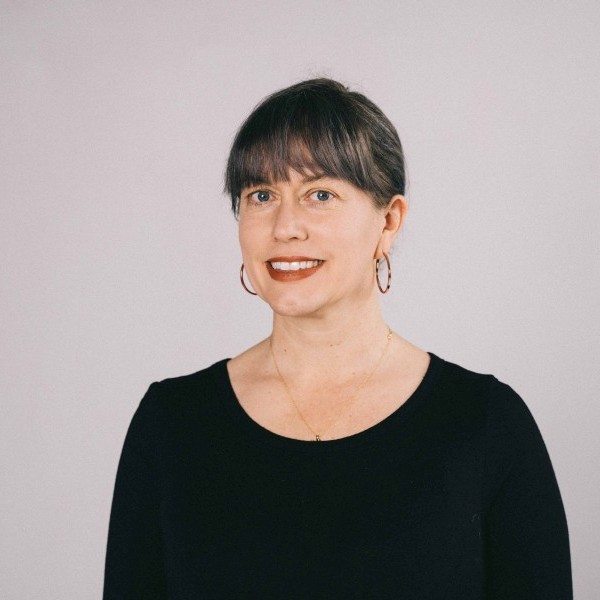
Caress Schenk is an Associate Professor of political science at Nazarbayev University (Astana, Kazakhstan) with teaching and research expertise in the politics of immigration and national identity in Eurasia. Her new book, published with the University of Toronto Press, is called Why Control Immigration? Strategic Uses of Migration Management in Russia. Current and previous research has been funded by the American Councils for International Education, Nazarbayev University and the Fulbright Scholar Program and has been published in Demokratizatisya, Europe-Asia Studies, and Nationalities Papers, and in edited volumes published by Edinburgh University Press and Oxford University Press. Dr. Schenk is a member of the Program on New Approaches to Research and Security in Eurasia (PONARS Eurasia).
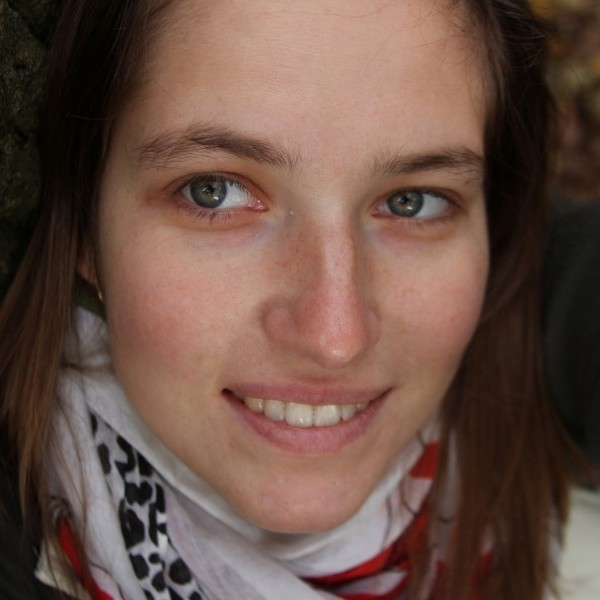
Anna Sokolova is a Kone Foundation Fellow at the Helsinki Collegium for Advanced Studies (University of Helsinki). Her previous research was related to Soviet death and funeral culture, which resulted in the book “A New Death for a New Man? Funeral Culture in the Early Soviet Union” (2022, in Russian). Her current project tends to reveal everyday life in timber production workers’ settlement of late Soviet Karelia.
Project partners
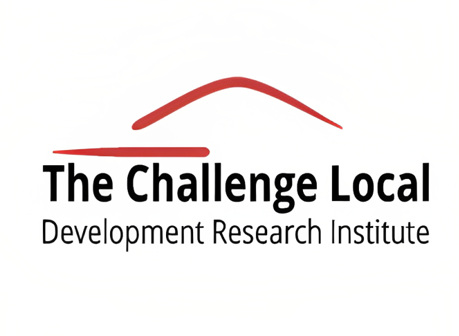
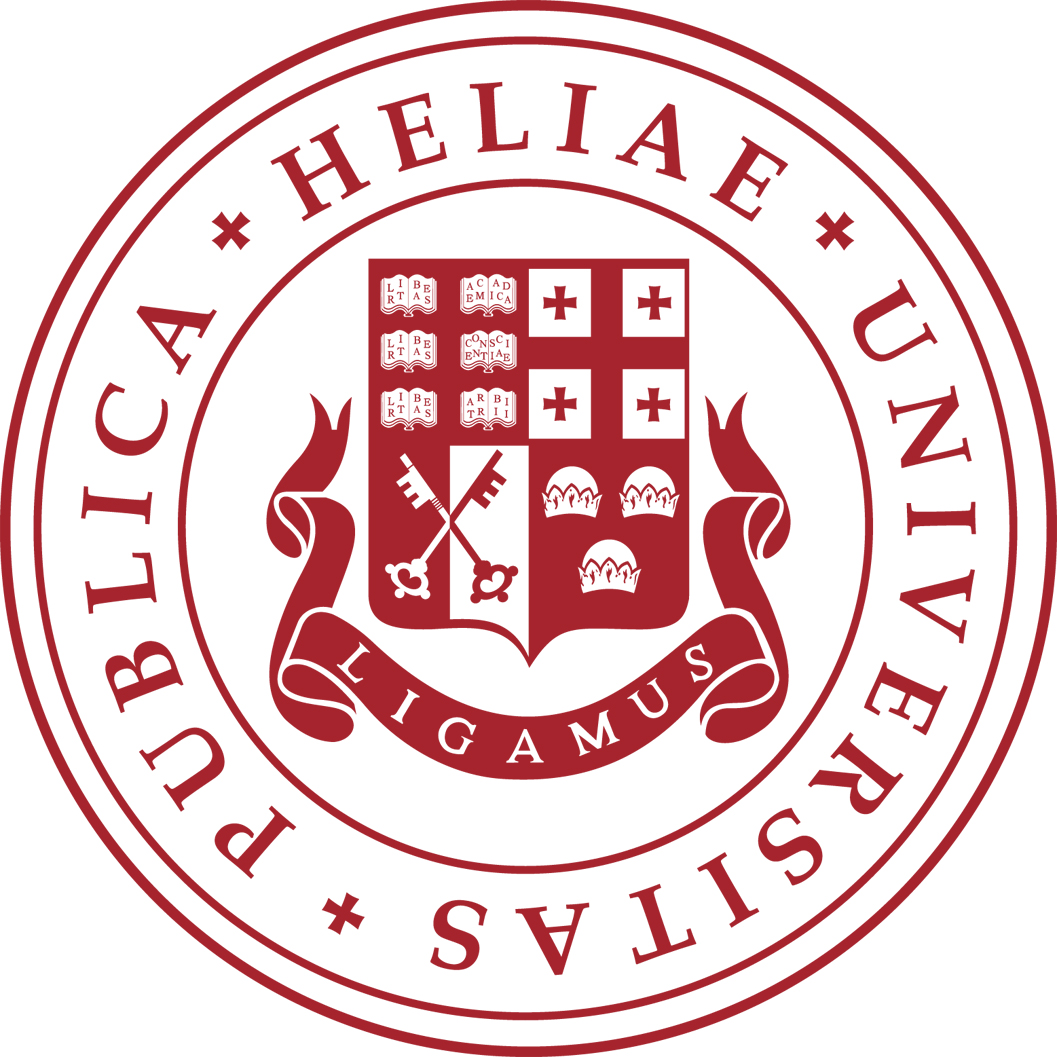
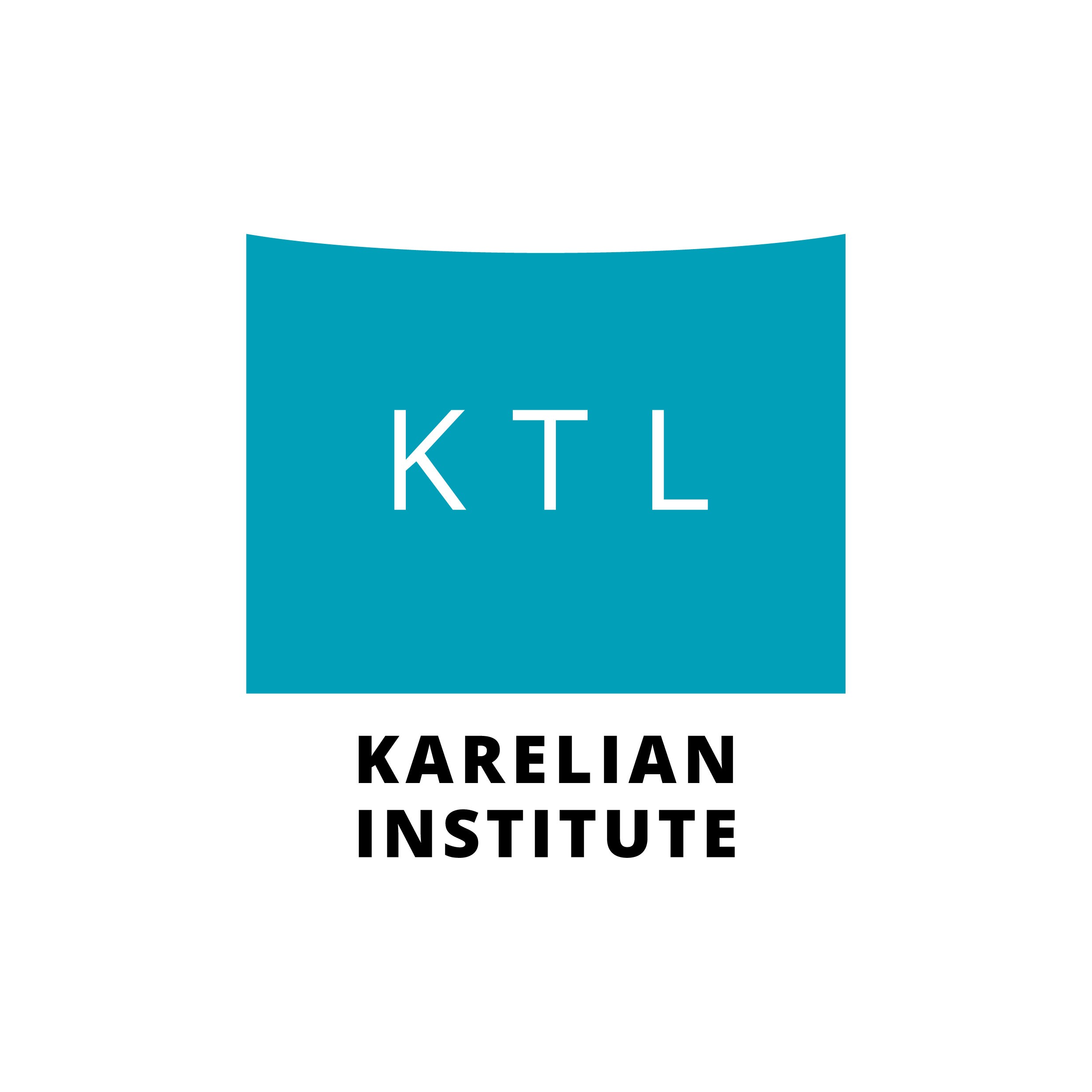


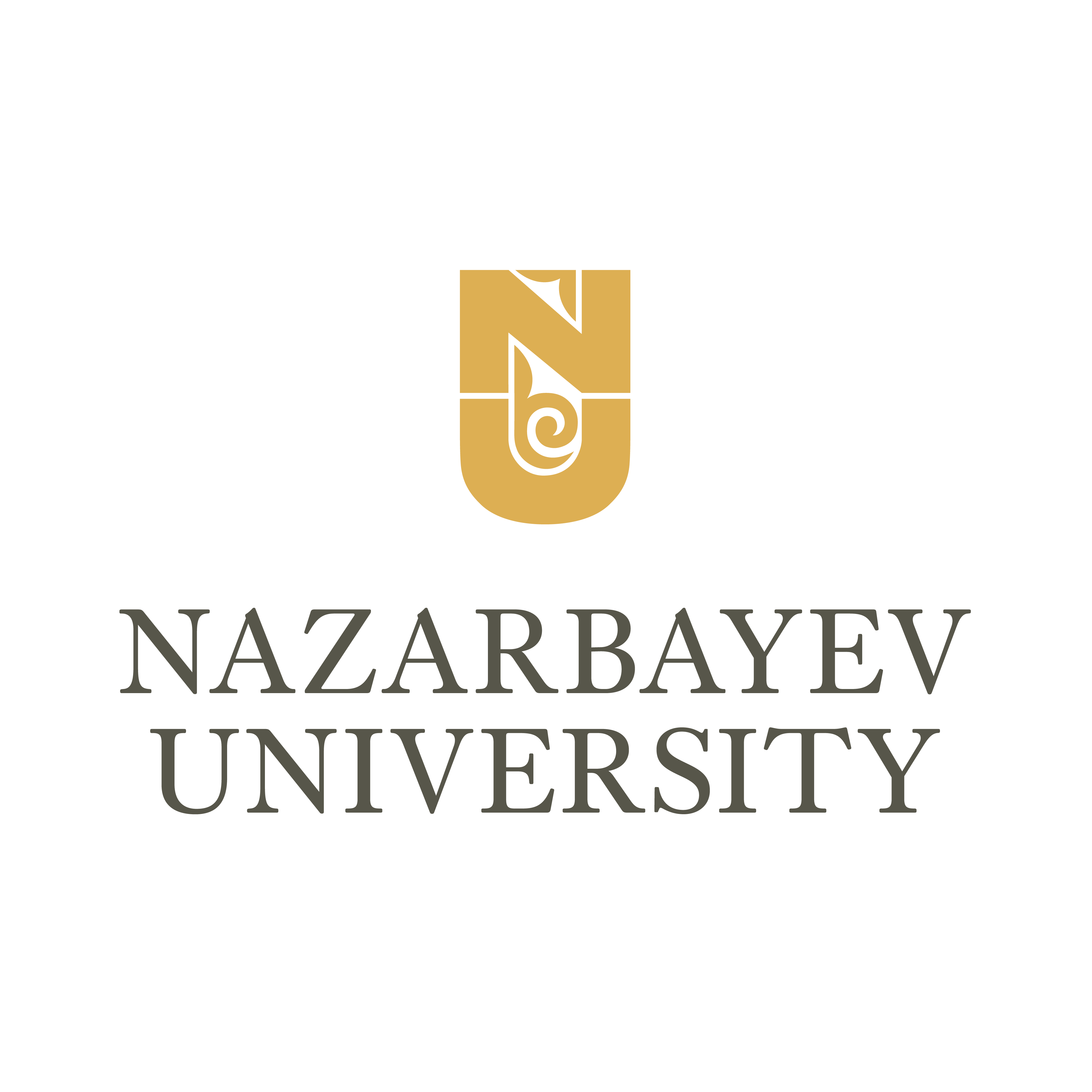
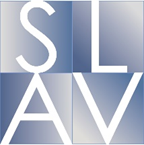
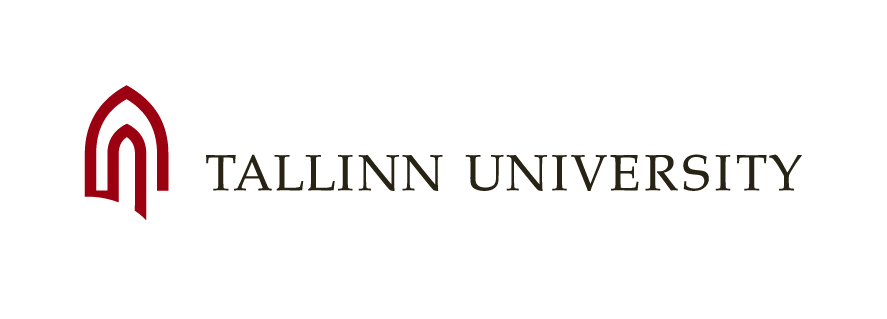


Świadczenie usługi sprzątania wybranych pomieszczeń w budynku w Warszawie, Al.Solidarności 105
22 lutego 2023
instytutAEPANcoments closed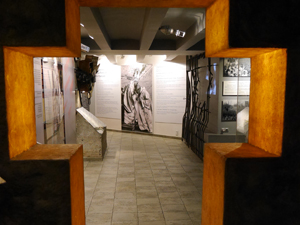
Post-secular approach to memory processes in Central-Eastern Europe
10 stycznia 2023
instytutAEPANcoments closedProject information
Research project’s title: Post-secular approach to memory processes in Central-Eastern Europe
Funding: The project is financed by the Governments of Czechia, Hungary, Poland and Slovakia through Visegrad Grants from International Visegrad Fund ID 22230096
Dates: 01/03/2023 – 31/08/2024
Project leader: dr Zuzanna Bogumił
Project host: Institute of Archaeology and Ethnology of the Polish Academy of Sciences
Cooperating Institutions: Charles University, Slovak Academy of Sciences, Moholy-Nagy University of Art and Design, National University of Kyiv-Mohyla Academy
Contact: e-mail: zbogumil(at)iaepan.edu.pl
Project objectives
There is a lack of understanding and appreciation of the subtle and diverse connections between memory and religion. Religion is often reduced to a tool of the national politics of memory. Religious memory is perceived as an inner phenomenon of a religious group, and the influences of religion on secular memory are thereby ignored. This project aims to fill this gap by gathering a team of researchers from different academic fields to discuss various relationships between religion and memory and to conceptualize exiting interdependencies of institutionalized churches, vernacular religious communities, authorities, and civil society in the process of memory production in the V4+ countries.
By focusing on the selected countries of the region and various Christian denominations, our research group will jointly conceptualize post-secular memory for its applicability to the CEE societies. We will also discuss implementation of the elaborated post-secular concepts in specific empirical cases, which each of the project participants are expected to work on individually. These individual cases will focus on different aspects of memory development, such as gender influence, materiality of memory, and memory politics.
Planned events
Kick-off meeting (March 2023, online)
One-day online research meeting bringing the partners together to meet each other and elaborate a detailed research working plan. The meeting is organized by Polish partner.
Regular online meetings (March 2023 – June 2024, online)
We organize one working seminar each month to discuss selected articles and books, existing concepts of postsecularity and establish what we understand by postsecular approach to memory processes in Visegrad region.
Workshop, Bratislava (20 – 23 September 2023, in person)
3-days workshop in Bratislava brought together team partners who discussed ongoing achievements of the project. During this workshop, we focused on the frame of the concepts of post-secular memory that we plan to apply to memory processes in Visegrad region. We had a postsecular walk in Bratislava made by Agáta Šústová Drelová. Later, each team member presented its individual project.
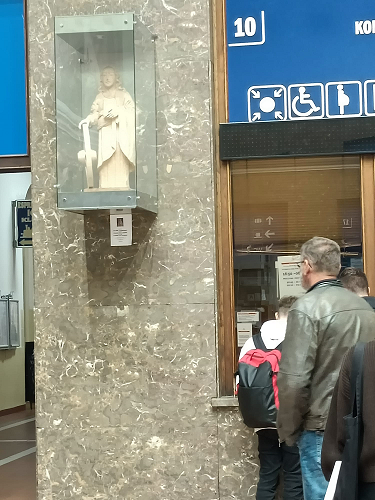
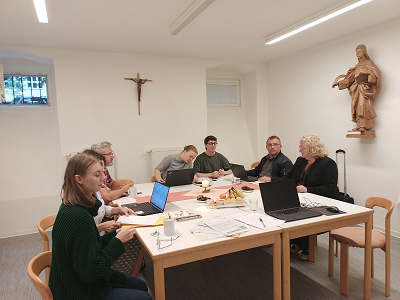
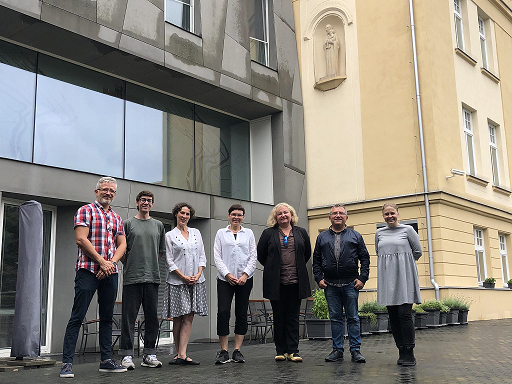
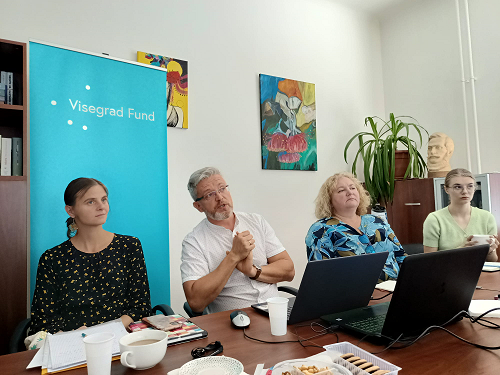
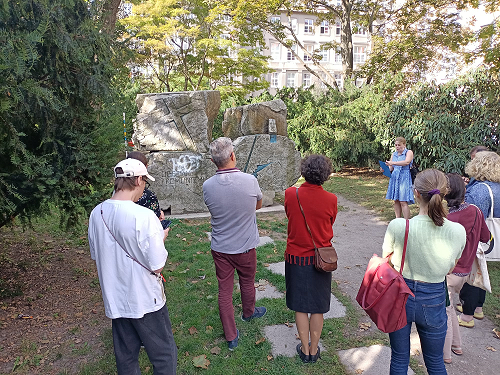
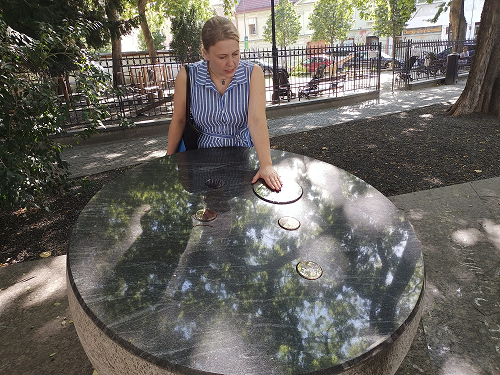
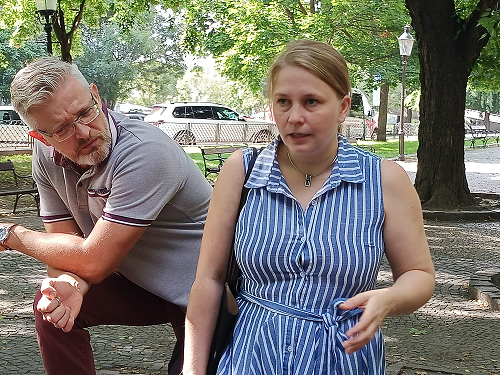
Workshop, Prague (31/01 – 02/02 January 2024, in person)
Two-day workshop brought together team members who discussed ongoing achievements of the project. Alessandro Testa, an anthropologist of religion invited participants on the postsecular walk in Prague. All team members actively engaged in works on our book proposal "Toward post-secular memory studies". They presented the drafts of their future book chapters.
PROGRAM
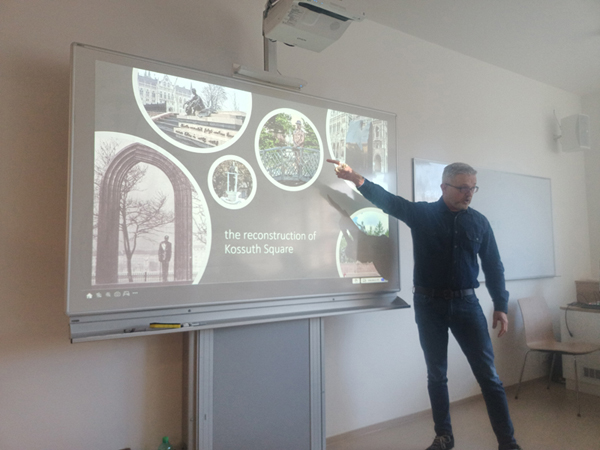
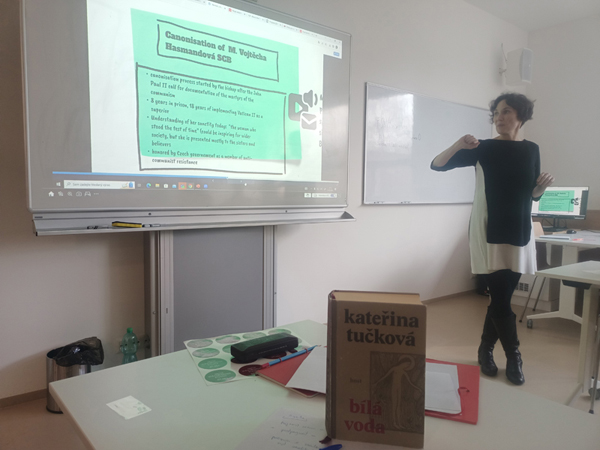
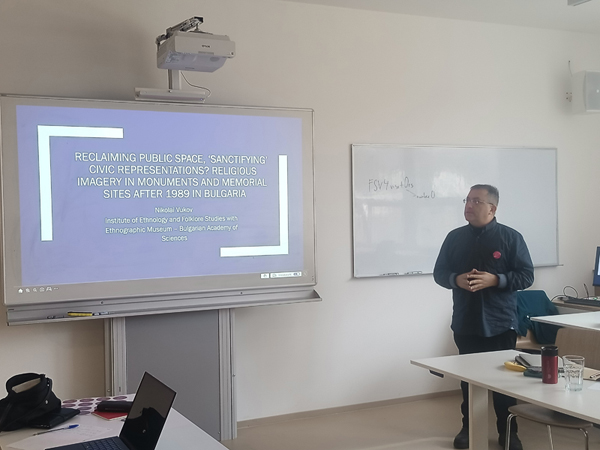
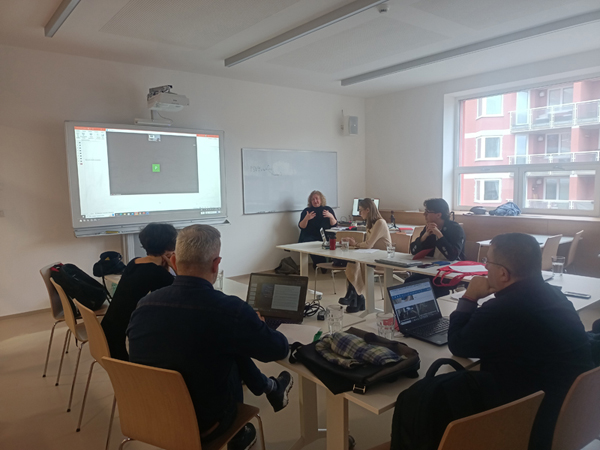
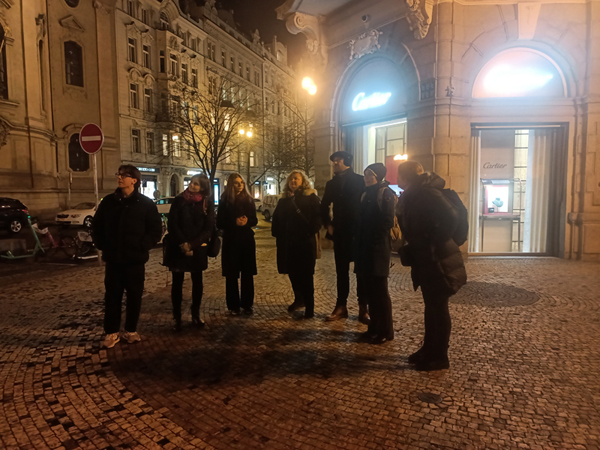
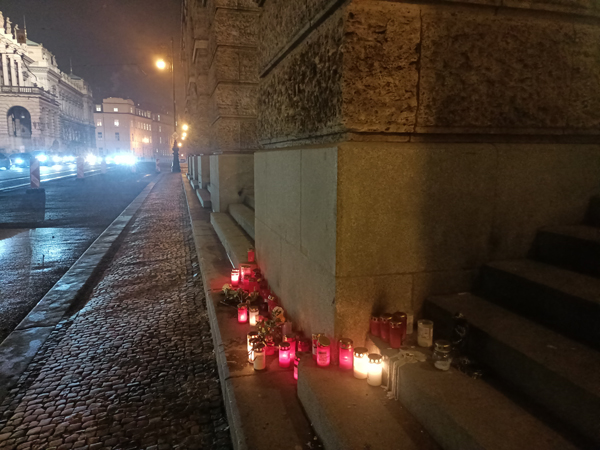
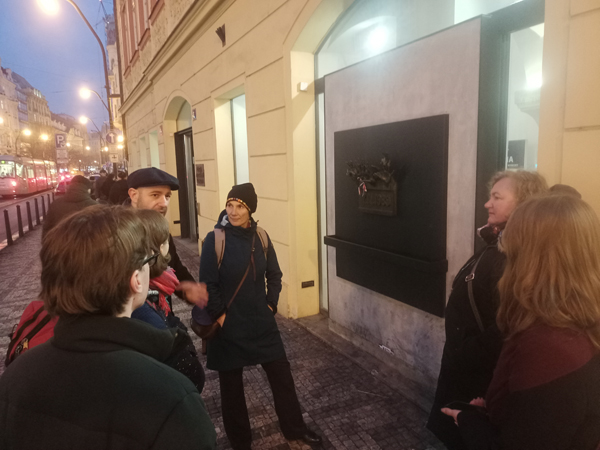
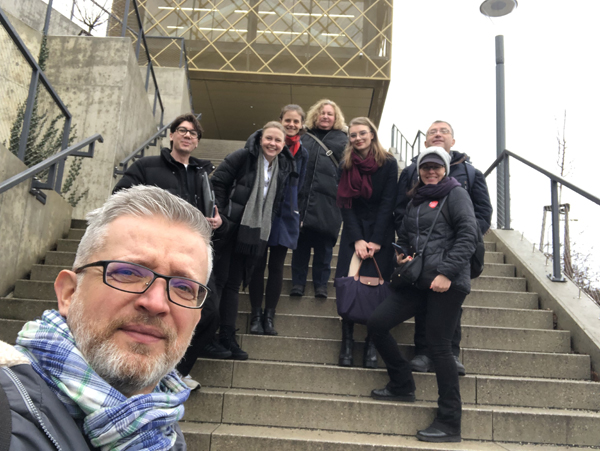
Conference, Warsaw (13-15 June 2024, hybrid)
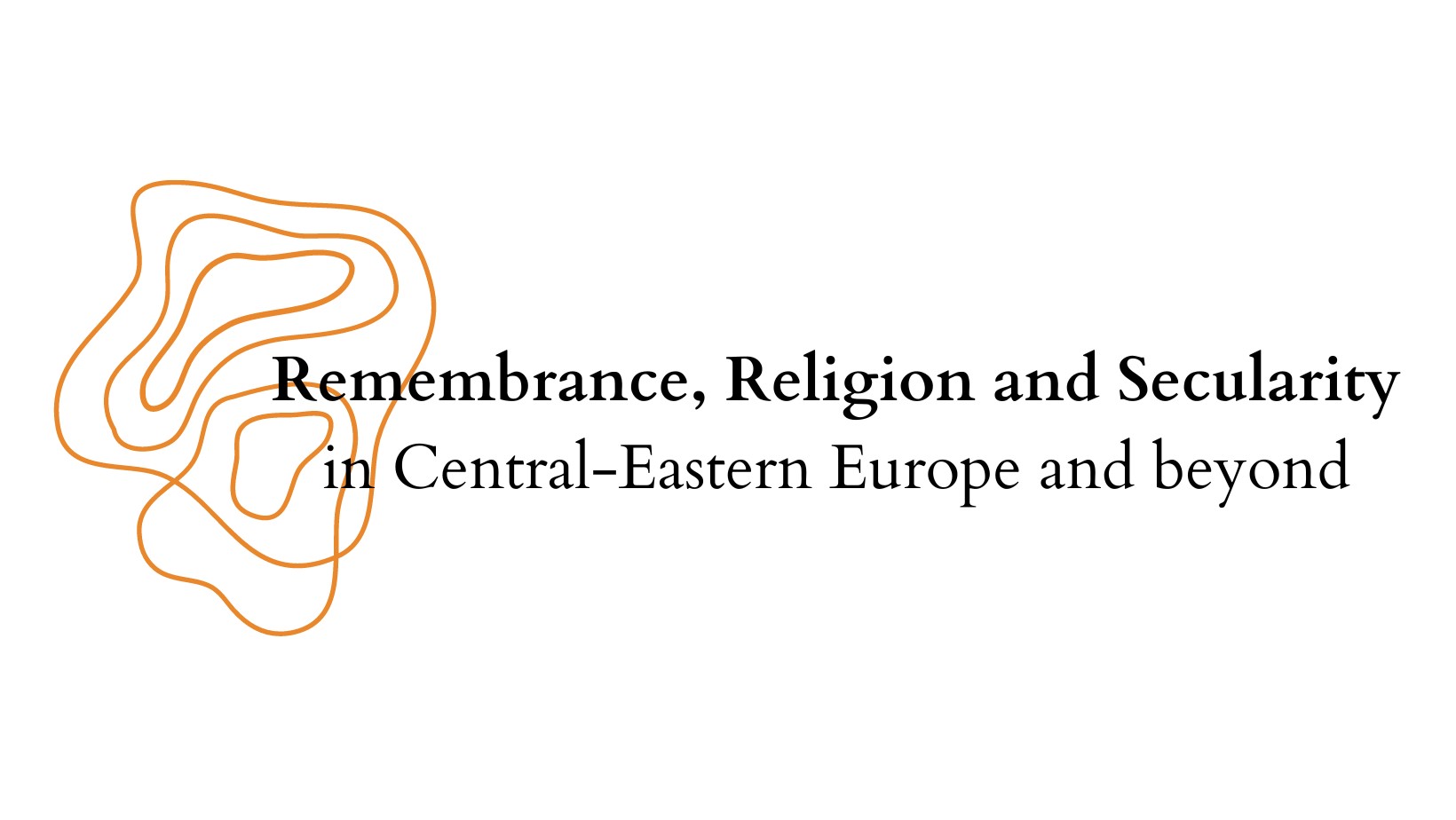
Three-days hybrid conference entitled “Remembrance, Religion and Secularity in Central and Eastern Europe and beyond” which aims to discuss how religion mobilizes and is mobilized in memory work, and how it affects remembrance processes in Central and Eastern Europe. It also aims to share project results with wider public. Apart of the panel sessions, two plenary sessions are planned: “Memory and Post-secularism” and “Memory and Religion in Central and Eastern Europe”. The conference will be preceded by pre-conference masterclasses for MA and PhD students on June 12, 2024.
CALL FOR PAPERS
Project team
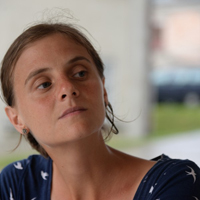
Kamila Baraniecka-Olszewska works in the Institute of Archaeology and Ethnology of Polish Academy of Sciences. She studied ethnology and Latin American studies. Her main areas of interest are the anthropology of religion and performance studies, and in particular forms of religious expression. She received her habilitation in 2019. She is the author of articles on contemporary religiosity, historical reenactments and of the books: The Crucified: Contemporary Passion Plays in Poland (De Gruyter, 2017) and World War II Historical Reenactment in Poland: The Practice of Authenticity (Routledge, 2021). She realizes a project funded by National Science Centre Poland Ambient History: Anthropological Study of Participation in Historical Performances in Poland and participates in a grant funded by Visegrad Fund Post-secular approach to memory processes in Central-Eastern Europe.

Zuzanna Bogumił is cultural anthropologist, working at the Institute of Archeology and Ethnology, Polish Academy of Sciences. She specializes in memory studies, museum studies and anthropology of religion. For last few years Bogumił worked on the religious memory of Soviet repressions in Russia and coordinated the project sponsored by the Polish National Science Centre, “From Enemy to Martyr”. She also conducted research on the historical exhibitions in the Church’s crypts. Bogumił is an author, co-author or co-editor of several books, among them: Gulag Memories: The Rediscovery and Commemoration of Russia's Repressive Past (Berghan Books 2018), Milieux de mémoire in Late Modernity. Local Communities, Religion and Historical Politics (Peter Lang 2019). Memory and Religion from a Postsecular Perspective (Routledge 2022). Her articles have appeared in Europa-Asia Studies, Religion, State and Society, East European Politics and Societies.
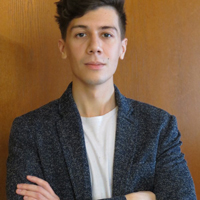
Andriy Fert is a PhD candidate in history at the National University of Kyiv-Mohyla Academy in Ukraine. He currently completes his dissertation dedicated to state control of Orthodox Christian communities of Kyiv in the 1970s-1980s. He studies the interplay between religion, nationalism, and memory, and the role of Churches in memory politics. His publications include “Equivocal Memory: What does the Ukrainian Orthodox Church of the Moscow Patriarchate Remember?” in Religion During the Russian-Ukrainian Conflict (2020) and "‘How could we possibly forget this?’: Ukrainian Orthodox Churches and the Soviet Past during the War" (forthcoming in 2023). Andriy also coordinates several educational projects for secondary school history teachers and studies the impact of the Russian invasion on the Ukrainian Orthodox Church of the Moscow Patriarchate
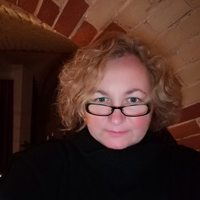
Agnieszka Halemba (PhD 2003 Cambridge) is a social anthropologists working at the Institute of Archaeology and Ethnology of the Polish Academy of Sciences and teaching at the University of Potsdam. She focuses on the anthropology of religion, with long-term field research conducted in southern Siberia and Transcarpathian Ukraine. Since 2016, she conducts research on the significance of religious architecture in secular contexts based on fieldwork in eastern parts of Germany. She is also a head of the Anthropology Undisciplined Research Unit, which focuses on development of innovative methodologies for interdisciplinary research and an author of two ethnography-based monographs: Negotiating Marian Apparitions: The Politics of Religion in Transcarpathian Ukraine (Central European University Press 2015) and The Telengits of Southern Siberia: Landscape, Religion and Knowledge in Motion (Routledge 2006).
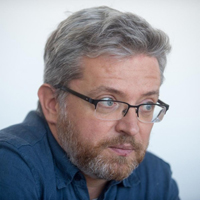
István Povedák has an MA in European Ethnology, History, and Religious Studies from the University of Szeged. He obtained his PhD in Folklore and Cultural Anthropology from the Eötvös Lóránd University of Budapest, in 2009, and received his habilitation in art theory from the Moholy-Nagy University of Art and Design (MOME), Budapest. His research fields include modern mythologies, celebrity culture, conspiracy theories, UFO culture, religious neo-nationalism, ethnic paganism, and Romani culture in Hungary. He is the president of the Hungarian Cultural Anthropology Association. Povedák was the chair of SIEF (International Society for Ethnology and Folklore) Ethnology of Religion Working Group between 2013 and 2019. He has been a guest lecturer at many universities including the Ohio State University, the University of Oregon, and the University of Riga. As a senior researcher he used to work for the Hungarian Academy of Arts, and Charles University in Prague. Since 2018 Povedák is an associated professor at the Institute for Theoretical Studies, MOME.
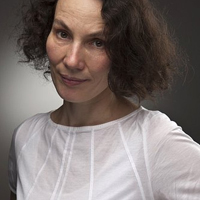
Barbora Spalová has studied ethnology and social anthropology in Prague. She does research in the field of anthropology of religion, particularly the anthropology of Christianity. She is also involved in border studies and memory studies. She lives in the Czech-Polish-German borderland. She is the editor-in-chief of the journal for qualitative research Biograf.
https://cuni.academia.edu/BarboraSpalov%C3%A1
https://cirkev.fss.muni.cz/
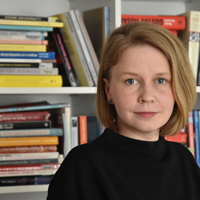
Agáta Šústová Drelová is a contemporary history researcher at the Institute of History, Slovak Academy of Sciences and an author of weekly history podcast at Slovak daily SME. She is the author of several articles and book chapters focusing on religion, national identity and nationalism in late socialist and early post-socialist Czechoslovakia. A University of Exeter and St Andrews graduate, she has been the beneficiary of a number of scholarships including research fellowship at the Imre Kertész Kolleg in Jena. Currently she divides her time between her two children, research and popularisation of history. Within the Post-secular approach to memory processes in Central-Eastern Europe project she will explore the nexus of gender and national identity within post-war Catholic memory in Slovakia.
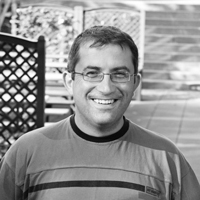
Nikolai Vukov is Associate Professor at the Institute of Ethnology and Folklore Studies with Ethnographic Museum at the Bulgarian Academy of Sciences (IEFSEM – BAS), and Visiting Lecturer in cultural history and social anthropology at Sofia University “St. Kliment Ohridski” and “Paisiy Hilendarski” University of Plovdiv. He has a Ph.D. in anthropology and folklore studies (2002 – Bulgarian Academy of Sciences) and a Ph.D. in modern history (2005 – Central European University, Budapest). Nikolai Vukov has specialized in a number of universities and research centers, including Wissenschaftskolleg – Berlin, Maison des sciences de l’homme – Paris, American Research Institute – Istanbul, and New Europe College – Bucharest. He is author and co-author of several monographs and of more than 120 articles and studies in Bulgaria and abroad. His scholarly interests are related to the anthropology of memory and commemorations; monuments, public rituals, and museum representations; 20th-century cultural history.
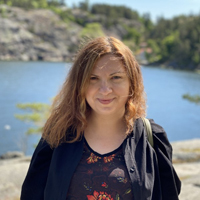
Yuliya Yurchuk is a Senior Lecturer of History at Södertörn University, Sweden. She specializes in memory studies, history of religion, and the study of nationalism in East European countries. She is the author of the book Reordering of Meaningful Worlds: Memory of the Organization of Ukrainian Nationalists and the Ukrainian Insurgent Army in Post-Soviet Ukraine (Acta 2014). Her articles have appeared in Memory Studies, Nationalities Papers, Europe-Asia Studies, Nordisk Østforum, Baltic Worlds, Ukraina Moderna. Her recent work focused on memory and religion. She is one of the editors of “Memory and Religion from a Postsecular Perspective” (Routledge, 2022, co-edited with Zuzanna Bogumil). Currently she is working on the project in the field of the transnational intellectual history titled “From Sweden with Love: Circulation and interpretation of Ellen Key’s ideas about love, motherhood, and upbringing in the late Russian Empire and the early Soviet Union (1890-1930s)” founded by the Foundation for Baltic and East European Studies.
Project partners
Przewód doktorski mgr. Jakuba Jagodzińskiego
20 grudnia 2022
instytutAEPANcoments closed- Abstrakt
- Ponowna ocena rozprawy doktorskiej autorstwa mgr Jakuba Jagodzińskiego pt. „Słowianie Zachodni wśród Skandynawów – Skandynawowie wśród Słowian Zachodnich. Kontakty transbałtyckie we wczesnym średniowieczu” - dr hab. prof. UŚ Jakub Morawiec
- Recenzja rozprawy doktorskiej mgr Jakuba Jagodzińskiego pt. „Słowianie Zachodni wśród Skandynawów – Skandynawowie wśród Słowian Zachodnich. Kontakty transbałtyckie we wczesnym średniowieczu” - Dr hab. Jerzy Sikora, Prof UŁ
- Zawiadomienie o publicznej obronie rozprawy doktorskiej





